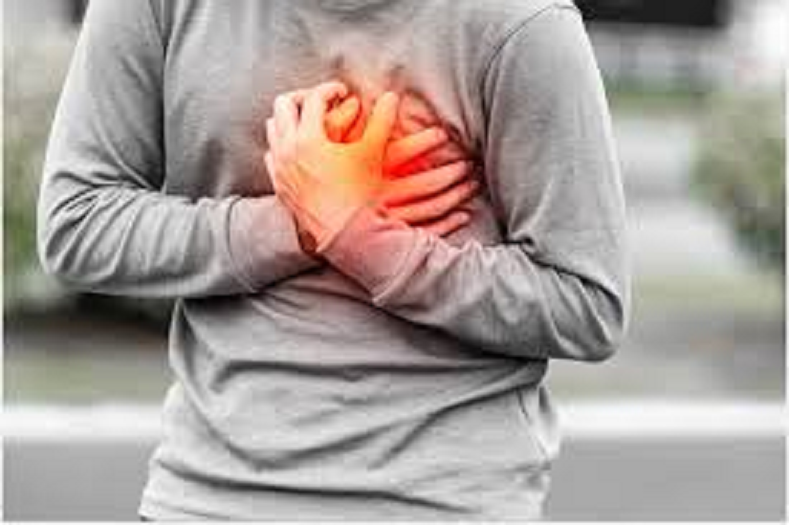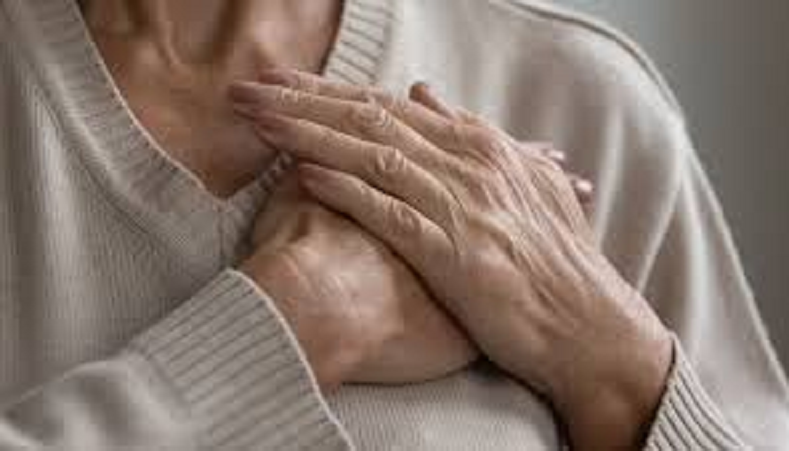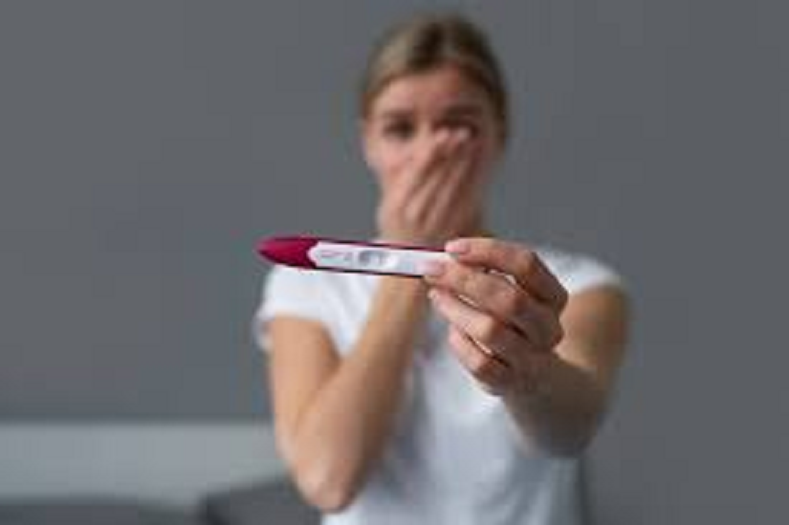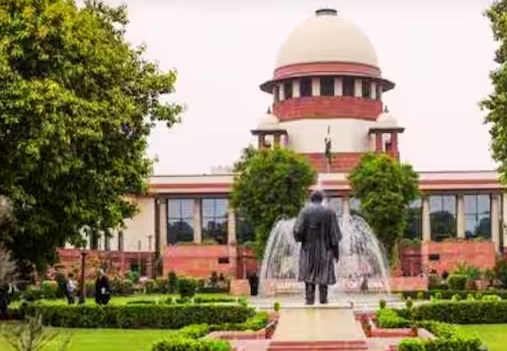Silent Heart Attack Signs: Not every chest pain is a heart attack. Know how to recognize the signs of death!
- bySherya
- 07 Oct, 2025

Heart attack: Chest pain is often associated with a heart attack, but this is not entirely accurate. Let us explain what types of pain can trigger a heart attack.

Early Symptoms of Heart Attack: We all have a misconception that chest pain leads to a heart attack. This is why, as soon as chest pain begins, we immediately fear whether a heart attack is imminent. But one thing you should always keep in mind is that not every chest pain is a sign of a heart attack. Chest pain can also be caused by many other conditions. Let us explain this in detail and also explain how to recognize a heart attack.
These reasons also cause chest pain.
Chest pain can have many causes, such as gas, muscle strain, panic attacks, or lung disease. Michigan Medicine reports that if chest pain lasts only a few seconds or changes with changing body positions, it's most likely not related to a heart attack. According to Allina Health, if the pain is localized and worsens with movement or pressure, it's most likely not a heart symptom.
How to recognize heart attack pain?
If you want to recognize the symptoms of a heart attack from chest pain, there are some telltale signs. Chest pain during a heart attack is typically characterized by a feeling of pressure or tightness in the chest; the pain may spread to the arms, jaw, or back; difficulty breathing may occur, and dizziness or weakness may also be symptoms. According to the American Heart Association, heart attack pain is heavy and can last for several minutes. It doesn't subside with changing positions or resting.
According to the UK National Health Service, chest pain should not be taken lightly if it is sudden and persistent, accompanied by symptoms such as shortness of breath, sweating, and spreading pain. This condition can occur without severe chest pain, especially in diabetics, women, and the elderly. In such cases, it is called a "silent heart attack." According to Harvard Health, even a slight delay can be fatal for a heart attack patient.






